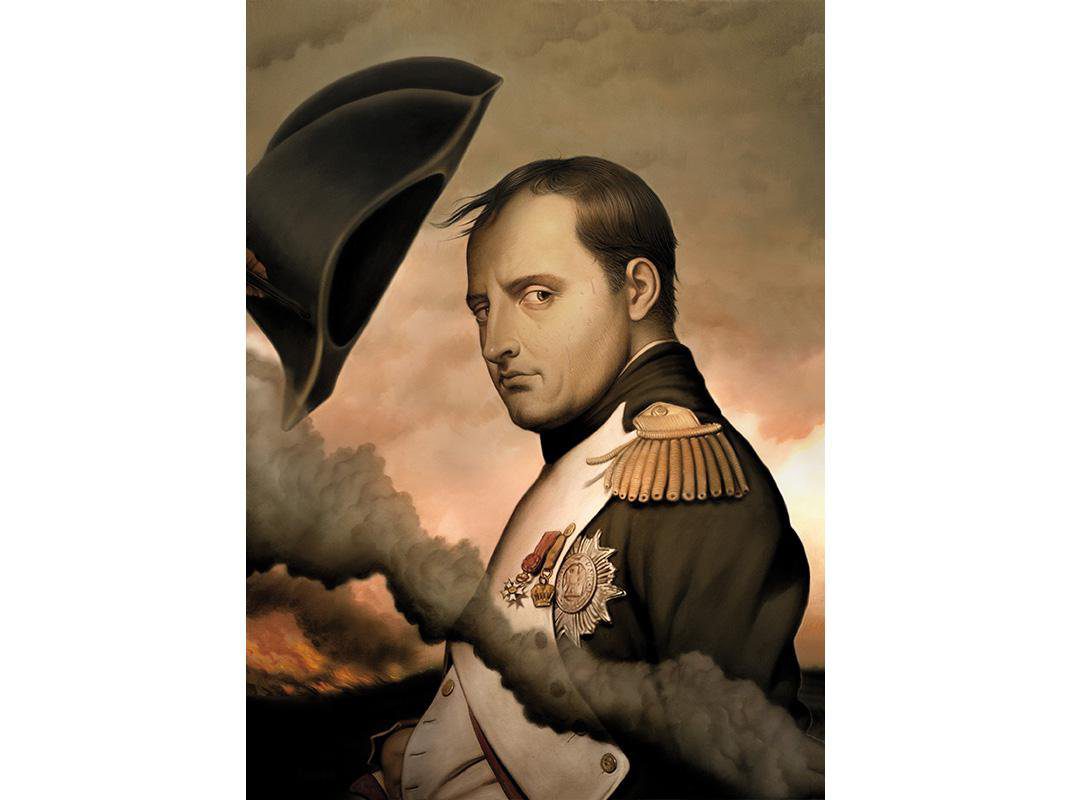Napoleon Bonaparte and Julius Caesar were two of the most influential leaders in history, both military geniuses who expanded their empires and shaped the Western world. Julius Caesar rose to power through his political and military skills, while Napoleon rose through his military genius. Both were known for their successful military campaigns, with Caesar conquering Gaul, Egypt, Pontus, and Africa, and Napoleon achieving victories in Italy, Spain, and Russia. However, they had significant differences in their leadership styles, with Caesar being known for his charisma and political acumen, while Napoleon was known for his autocratic rule and centralization of power. Their legacies can still be seen in Western civilization’s language, law, political systems, and concepts of nationalism and modern warfare.
Napoleon Bonaparte vs. Julius Caesar: A Comparison
Introduction
Napoleon Bonaparte and Julius Caesar were two of the most famous and influential leaders in history. Their actions had a profound impact on the Western world and shaped it to a significant extent. Both men were military geniuses who achieved great victories in battle and expanded their empires. However, there were significant differences in their styles of leadership, tactics, and legacy.
Their Rise to Power
Julius Caesar rose to power through his career as a military commander and his political savvy. He became a consul in 59 BC and was appointed governor of Roman Gaul the following year. His military victories and political alliances allowed him to become the sole ruler of Rome, with the title of dictator for life.
Napoleon Bonaparte, on the other hand, rose to power through his military genius. After serving in the French Army during the French Revolution, he became a general and eventually the leader of France. Following a series of victories in battles, Napoleon established himself as the Emperor of France in 1804, a position he held until his downfall in 1815.
Military Campaigns
Both Julius Caesar and Napoleon were known for their ability to lead armies into battle and achieve great victories. Caesar is known for his conquest of Gaul, which extended the Roman Empire’s territory to the Rhine River. He also led successful campaigns in Egypt, Pontus, and Africa before his assassination in 44 BC.
Napoleon, on the other hand, led his army to victories in Italy, Egypt, Spain, and Russia. He is also known for his tactical genius and innovative approach to warfare, including the use of artillery and the formation of corps d’armée. However, his military campaigns eventually led to his downfall, as he suffered a major defeat in Russia in 1812 and was exiled to Elba in 1814.
Leadership Styles
Julius Caesar was known for his charisma and political acumen. He had a way of inspiring his troops and gaining the loyalty of his supporters. He also believed in establishing a strong central government and reducing the power of the Senate. Some have criticized him for his disregard for the Roman republic’s values and institutions.
Napoleon, on the other hand, was known for his autocratic rule and centralization of power. He believed in the power of the state over the individual and established a strong bureaucracy to carry out his policies. His leadership style was often harsh, and he was known to suppress dissent and opposition.
Legacy
Both Julius Caesar and Napoleon left a profound impact on the Western world. Julius Caesar’s conquests and political reforms helped establish the Roman Empire and laid the foundation for Western civilization. His legacy can still be seen today in the law, language, and political systems of Western societies.
Napoleon’s impact was more immediate and direct. He helped modernize and standardize French society, established the Napoleonic Code, and spread revolutionary ideas throughout Europe. His legacy can still be seen in the concepts of nationalism, modern warfare, and centralized government.
Conclusion
Julius Caesar and Napoleon Bonaparte were two of the most influential rulers in history. While they shared some similarities, including their military prowess and impact on Western civilization, they had significant differences in their leadership styles and tactics. Despite their faults and controversial legacies, these two men played a crucial role in shaping the world we live in today.
